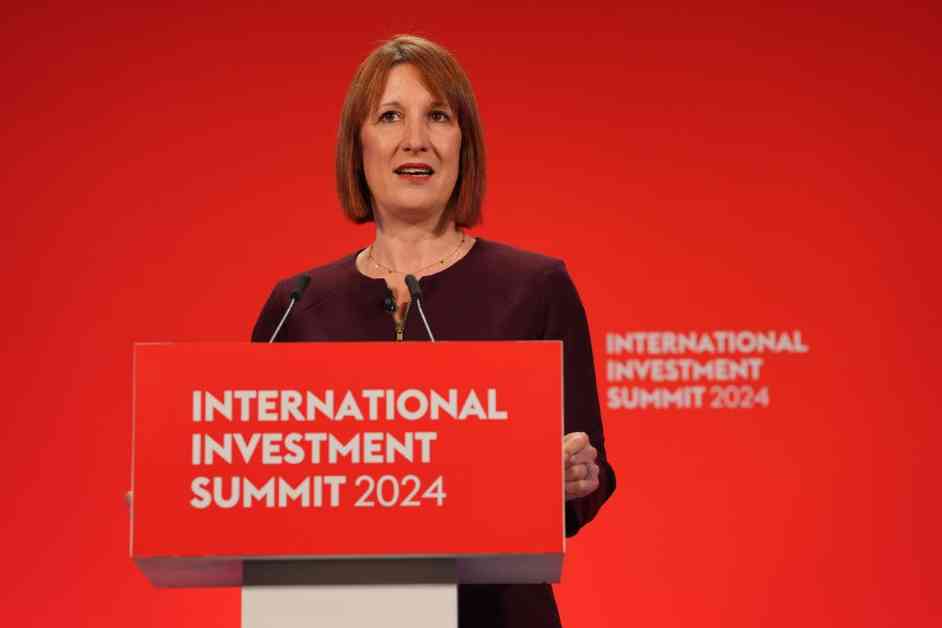The upcoming Budget announcement has sparked concerns over potential tax hikes on high earners in the UK. Rachel Reeves, the Chancellor, is facing pressure to fill a £40bn deficit in Labour’s spending plans, leading to speculation about increased taxes on individuals earning £100,000 or more.
This move could have significant implications, as taxing high earners may prompt professionals, GPs, secondary school headteachers, and other top earners to consider leaving the country. A departure of wealth and talent could result in a brain drain, impacting Labour’s growth strategies. Currently, the top 1% of earners contribute 30% of all taxes in the UK, highlighting the potential consequences of targeting high-income individuals.
The uncertainty surrounding the definition of “working people” in Labour’s manifesto has added to the confusion. Health Minister Stephen Kinnock’s refusal to confirm whether those earning six-figure salaries would be exempt from tax increases has further muddled the situation. The lack of clarity from government officials has raised questions about who will be affected by the proposed tax changes.
In response to these concerns, the government is considering various wealth taxes, including raising capital gains rates, increasing inheritance tax, and extending it to farmland. Additionally, plans to impose a 20% VAT on private school fees and abolish non-dom status are set to be confirmed in the Budget announcement.
The Conservative Party has criticized Labour for its lack of transparency and failure to provide clear information on tax policies. With just days left until the Budget reveal, there is mounting pressure on the government to clarify how tax changes will impact different income brackets. Failure to address these concerns could lead to accusations of broken promises and a lack of accountability to the British public.
Overall, the upcoming Budget announcement and potential tax increases on high earners have created uncertainty and raised important questions about the government’s economic strategy. As the deadline approaches, all eyes will be on Rachel Reeves as she unveils the details of Labour’s fiscal plan and its implications for working people across the country.












